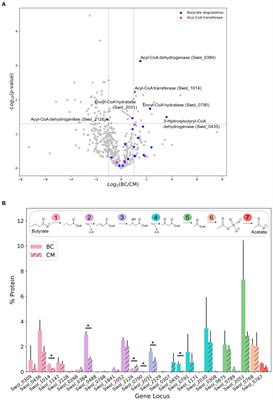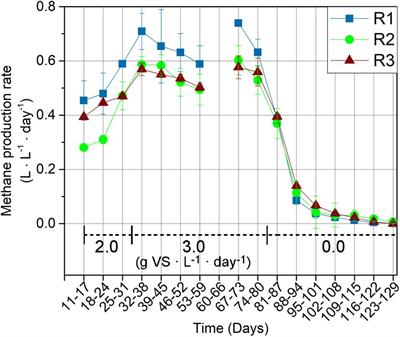EDITORIAL
Published on 20 Jun 2023
Editorial: The microbiology of the biogas process
doi 10.3389/fmicb.2023.1235624
- 1,239 views
6,273
Total downloads
27k
Total views and downloads
EDITORIAL
Published on 20 Jun 2023
ORIGINAL RESEARCH
Published on 05 Apr 2023

ORIGINAL RESEARCH
Published on 07 Nov 2022

ORIGINAL RESEARCH
Published on 07 Apr 2022

ORIGINAL RESEARCH
Published on 25 May 2021

ORIGINAL RESEARCH
Published on 14 Jan 2021

ORIGINAL RESEARCH
Published on 07 Oct 2020
